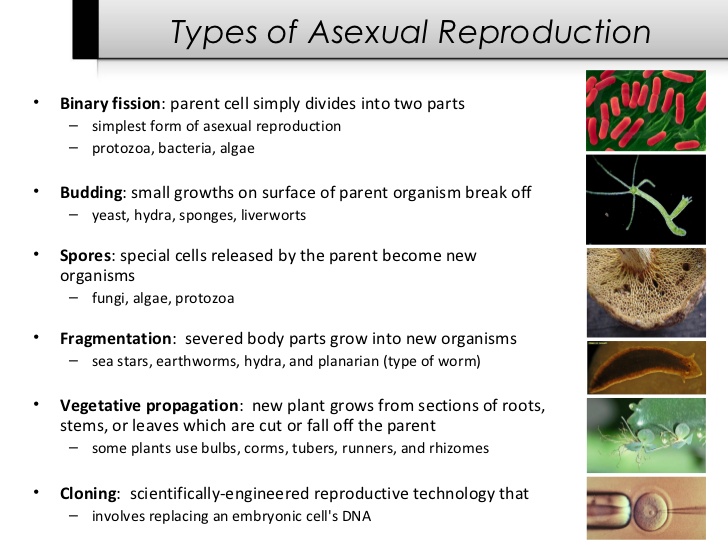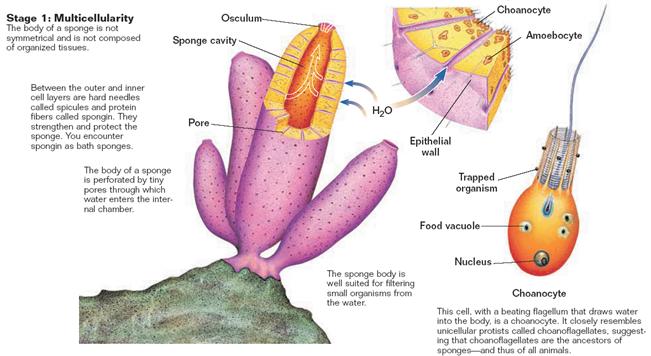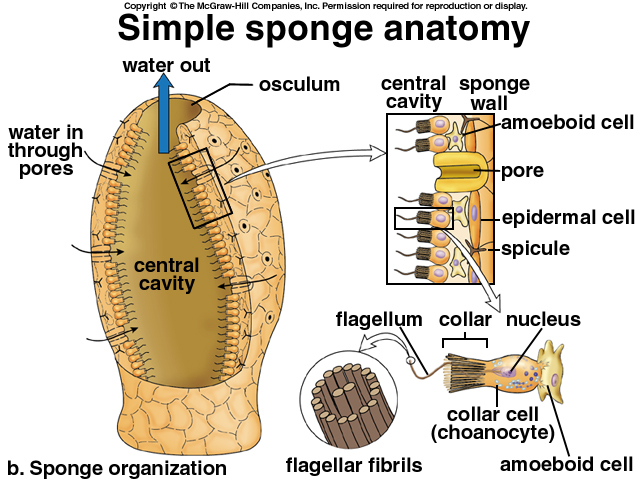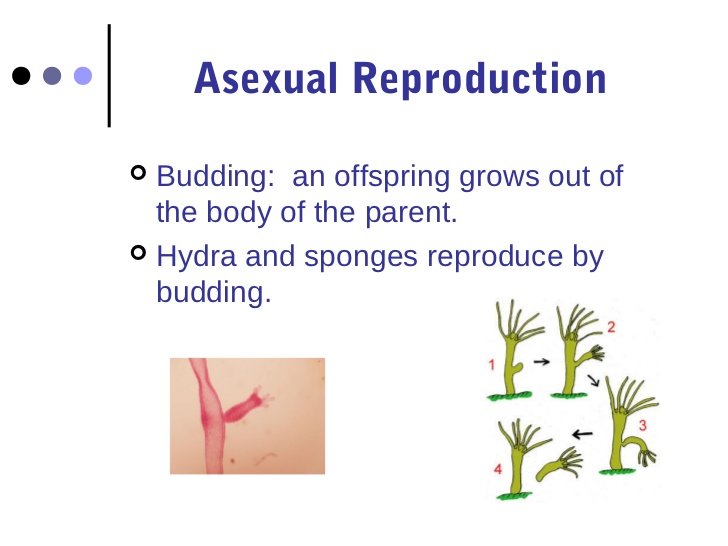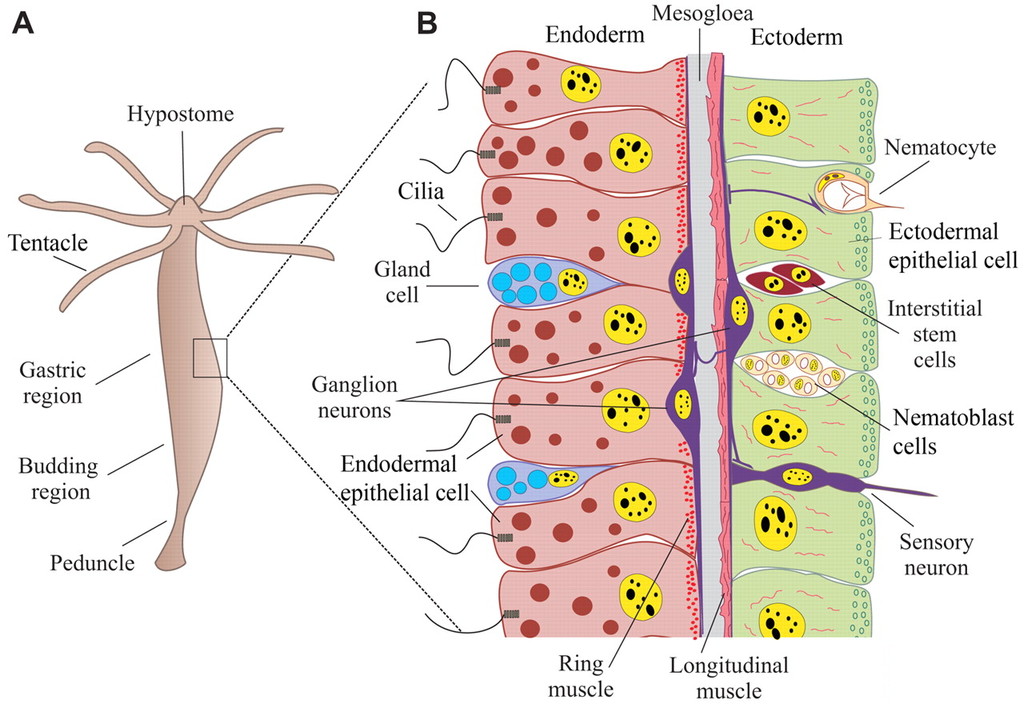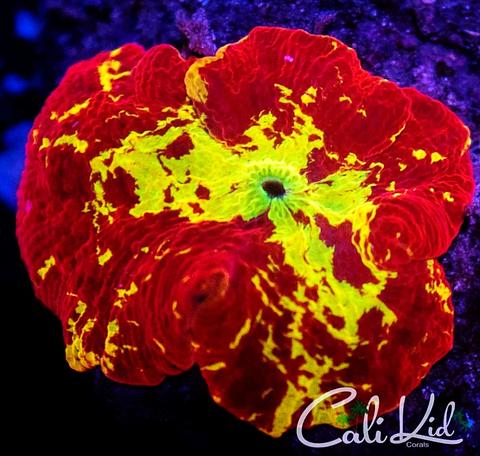- Joined
- Aug 23, 2015
- Messages
- 154
- Reaction score
- 48
Nitrates and Phosphate etc are removed through corals, bacteria, photosynthetic sponges and phytoplankton either directly or indirectly?
The DOC and POC are consumed by copepods etc, coral, bacteria and sponges, breaking down the organics before turning into inorganics?
(like a skimmer)
The left over inorganics are then consumed by coral, phytosynthetic sponges, bacteria, phytoplankton and or macro algae or algae on the glass?
Now if you watch your algae on the glass, and the speed on which your macro grows, this will tell you your inorganics levels? (caution use this advice @ your own risk)
The DOC and POC are consumed by copepods etc, coral, bacteria and sponges, breaking down the organics before turning into inorganics?
(like a skimmer)
The left over inorganics are then consumed by coral, phytosynthetic sponges, bacteria, phytoplankton and or macro algae or algae on the glass?
Now if you watch your algae on the glass, and the speed on which your macro grows, this will tell you your inorganics levels? (caution use this advice @ your own risk)




